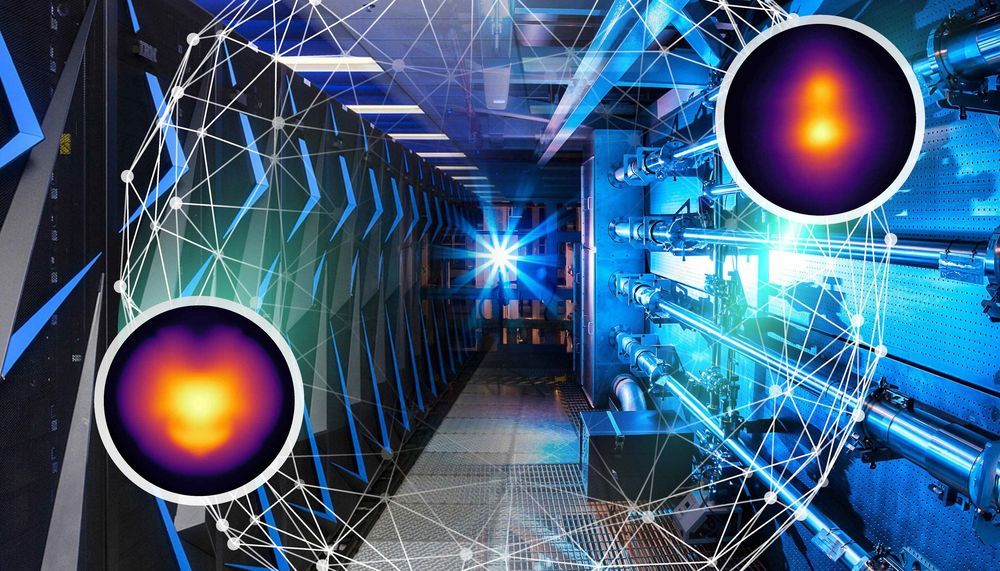Surrogate models supported by neural networks can perform as well, and in some ways better, than computationally expensive simulators and could lead to new insights in complicated physics problems such as inertial confinement fusion (ICF), Lawrence Livermore National Laboratory (LLNL) scientists reported.
In a paper published by the Proceedings of the National Academy of Sciences (PNAS), LLNL researchers describe the development of a deep learning-driven Manifold & Cyclically Consistent (MaCC) surrogate model incorporating a multi-modal neural network capable of quickly and accurately emulating complex scientific processes, including the high-energy density physics involved in ICF.
The research team applied the model to ICF implosions performed at the National Ignition Facility (NIF), in which a computationally expensive numerical simulator is used to predict the energy yield of a target imploded by shock waves produced by the facility’s high-energy laser. Comparing the results of the neural network-backed surrogate to the existing simulator, the researchers found the surrogate could adequately replicate the simulator, and significantly outperformed the current state-of-the-art in surrogate models across a wide range of metrics.
